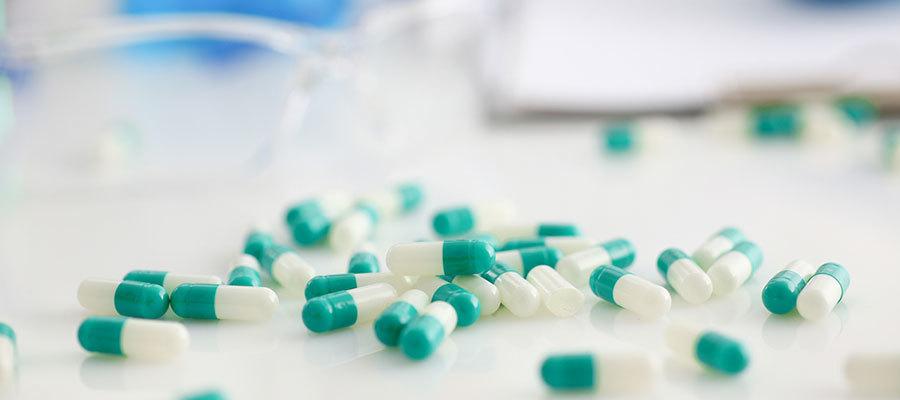AHA moves to support legal challenge to CMS drug pricing model

The AHA yesterday filed a declaration supporting other organizations seeking a temporary restraining order and preliminary injunction to prevent the Centers for Medicare & Medicaid Services from cutting under its Most Favored Nation Model payments for certain Medicare Part B drugs and biologicals to no more than the lowest price that drug manufacturers receive in other similar countries.
The declaration raised both procedural and substantive concerns, including the lack of proper notice for a rule of this magnitude, the harm the rule’s implementation would likely do to patients, particularly in rural areas, and the inability for providers to negotiate new agreements with drug companies in just three weeks.
Under an interim final rule issued last month, the model will become mandatory Jan. 1 for most hospitals. The Pharmaceutical Research and Manufacturers of America, Association of Community Cancer Centers and others last week filed a federal lawsuit seeking to enjoin enforcement of the rule and declare it unconstitutional and invalid.

